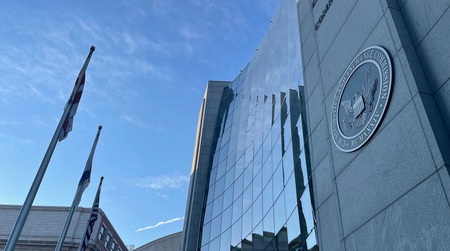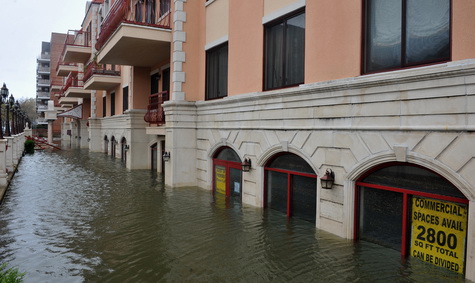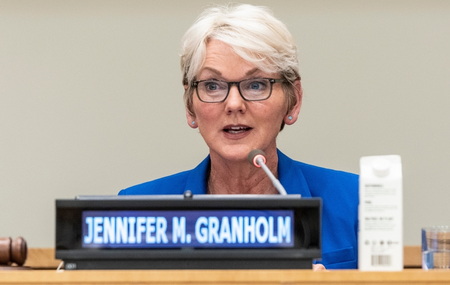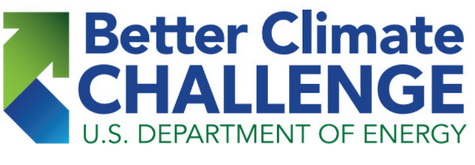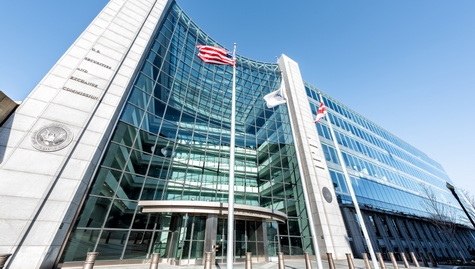
Monday, April 11 is the deadline for responses to a voluntary Real Estate Roundtable membership survey on a proposed rule issued by the U.S. Securities and Exchange Commission (SEC), above, that would require corporate disclosures of climate-related financial risks. (Roundtable Fact Sheet, March 25)
- The responses will influence The Roundtable’s comments to the SEC about the March 21 proposed rule. (Roundtable Weekly, March 25)
- Roundtable members are encouraged to review The Roundtable’s fact sheet summarizing the SEC’s proposed rule before submitting responses.
- The survey, originally sent on April 1, aims to obtain a high-level understanding of the existing practices and standards used by Roundtable members in assessing and quantifying:
- greenhouse gas (GHG) emissions across portfolios,
- buildings’ electricity use,
- the impact of floods and rising sea levels to real estate assets,
- tenant interactions about these issues, and
- other questions that may require registered companies to report on their climate-related financial risks.
- The proposed SEC rule has no immediate effect. If it is finalized, the action could have a significant impact on the real estate industry, requiring all SEC registered companies to report on climate-related risks through annual 10-Ks and additional filings. (SEC News Release | Proposed Rule | Fact Sheet, March 22)
- If any Roundtable member has questions about the survey, please contact Roundtable Senior Vice President and Counsel, Duane Desiderio.
Policymakers & SEC Regulation
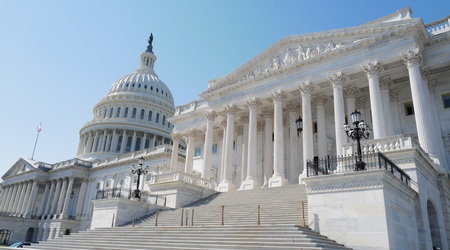
- Several Senate Democrats support a more stringent SEC climate disclosure rule, including Elizabeth Warren and Edward Markey of Massachusetts. (Politico, April 5 and Markey news release, March 21)
- Senator Joe Manchin (D-WV), chairman of the Senate Committee on Energy and Natural Resources, sent a letter to Commission Chairman Gary Gensler on April 4 outlining his concerns with the 506-page proposed SEC rule.
- A group of 19 Senate Republicans from the Senate Environment and Public Works (EPW) and Banking committees expressed their opposition to the SEC proposal in an April 5 letter to Gensler.
- While some opposition to the SEC’s proposed rule is mounting in Congress, particularly from the GOP, the Biden Administration is nonetheless expected to push forward with a final rule that could be issued later this year.
The Roundtable’s Sustainability Policy Advisory Committee (SPAC) will convene a working group that will review the SEC’s proposed climate rule and our comment letter response to the Commission.
# # #
